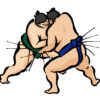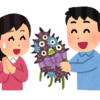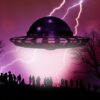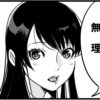What are the meanings of “Wakatta” or “wakata”? わかった?
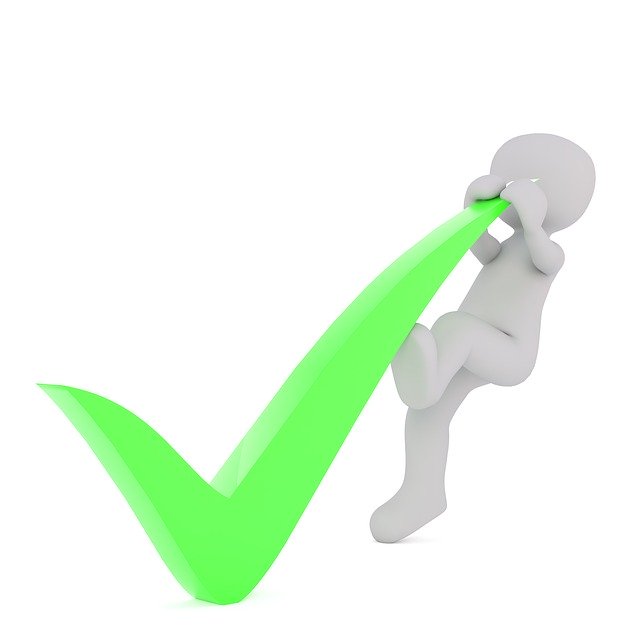
When hearing convesations among the Japanese, we often hear the words “wakatta(わかった)". For example;
Aa- wakatta.
Wakatta yo–, urusai na-.
Wakatta kara acchi ni itte.
A: Wakatta kana? B: Un wakatta kamo….
It sounds like “wakata", but it is correctly “wakatta".
Let’s take a closer look at this “wakatta".
What are the meanings of “wakatta" or “wakata"? In English?
Although “wakatta" has several meanings, “wakatta", which is frequently used in conversation, is expressed in English as follows.
OK (also as just a reply)
Yes
Alright
Yes, I get it. Thanks.
Thanks, I’m good now.
Got it.
It’s all clear
I get that.
The basic form of “wakatta" is “wakaru(わかる)", and “wakatta" is its past tense.
The meaning of “wakaru" is as follows.
“Wakaru" has several meanings, and of course, each one has a different kanji(分かった、解った、判った).
1. (分かった)Expression when something comes to mind.
The course and circumstances of the vague things became clear. Eureka!
2. (分かった)Retrieve forgotten information.
3. (分かる)Understanding
4. (解る)Understanding the theory and values of things
5. (判る)Make things distinct
“Wakaru" often uses the kanji “分かる". This is commonly used.
Rather, the kanji characters “解る" and “判る" can sometimes be replaced with “分かる".
For this reason, some Japanese use “分かる" when they are wondering which one to use, or sometimes just use “わかる" in Hiragana.
The kanji “分かる” means “discern”, “separate”, “part separated from the whole”. That is, you grasped or understand something as part of your knowledge.
Example sentences with “wakatta"
The meaning of the above example is as follows.
Aa- wakatta.
あぁ、分かった。
Oh, I understand.
Wakatta yo–, urusai na-.
分かったよー、うるさいなー。
Yeah, yeah. I heard you.
Wakatta kara acchi ni itte.
分かったからあっちに行って。
OK, ok. Just go away.
A: Wakatta kana? B: Un wakatta kamo ….
A:分かったかな?B:うん、わかったかも・・・。
A: Do you get it? B: Maybe…
Other usage examples using “wakatta"
Kono setsumeisyo, kuwashii kara yoku wakatta.
この説明書、詳しいからよく分かった。
I understand this manual as it covers all the details.
Kinou anata ga hanashiteita resutoran, doko ni aruka wakatta yo.
昨日あなたが話していたレストラン、どこにあるかわかったよ。
I found where the restaurant you were talking about yesterday is.
A: Hayaku katazuke nasai ! B: Wakatta yo!
A: 早く片付けなさい!B: わかったよ!
A: Just tidy your room now! B: OK, OK!
Kinou no dorama, hiroin no kimochi ga yoku wakatte naita.
昨日のドラマ、ヒロインの気持ちが良く分かって泣いた。
Yesterday’s drama, I understood the feeling of the heroine and cried.
Yatto kono mondai no tokikata ga wakatta!
やっとこの問題の解き方が分かった!
At last, I found out how to solve this problem!
Atarashii eigo no sensei, chotto nigate. Sumisu sensei no eigo no hou ga yoku wakatta.
新しい英語の先生、ちょっと苦手。スミス先生の英語の方がよく分かった。
I don’t like the new English teacher very much. I understood Mr. Smith’s English better.
Sono hito ga chikaku ni yattekite yatto watashi no haha dato wakatta.
その人が近くに来てやっと私の母だと分かった。
When the person came closer to me, I knew it was my mother.
DNA hantei de sono hito ga watashi no imouto dato wakatta.
DNA判定でその人が私の妹だと分かった。
DNA testing revealed that he was my sister.
Nokosareta shouko kara, sono jiken wa tasatsu de atta koto ga wakatta.
残された証拠から、その事件は他殺であったことが分かった。
The remaining evidence indicated that the incident was a murder.
Wakatta! Kinou aisatsu shite kita onna no hito wa Hayashi san datta!
分かった!昨日挨拶してきた女の人は林さんだった!
I remembered! The lady who said hello to me yesterday was Mrs. Hayashi!








